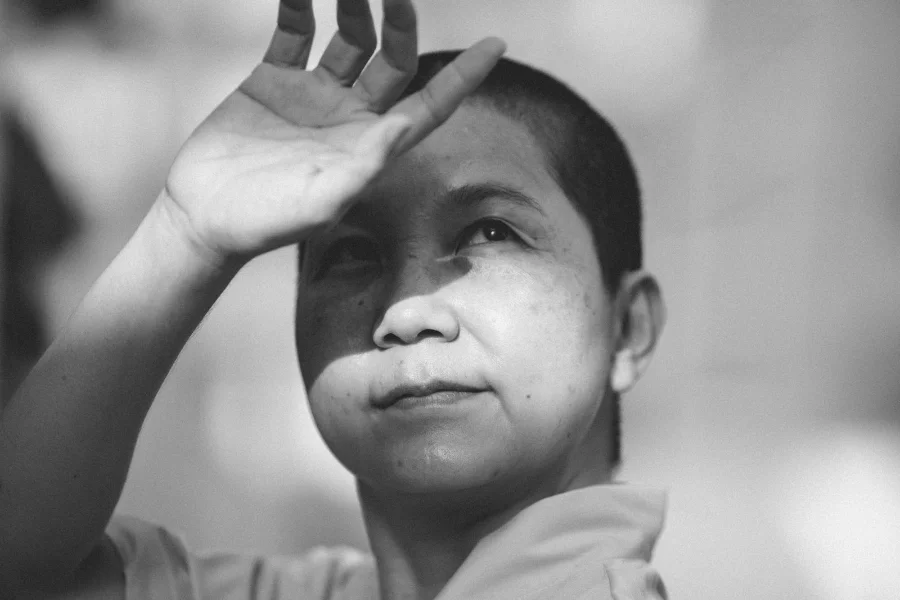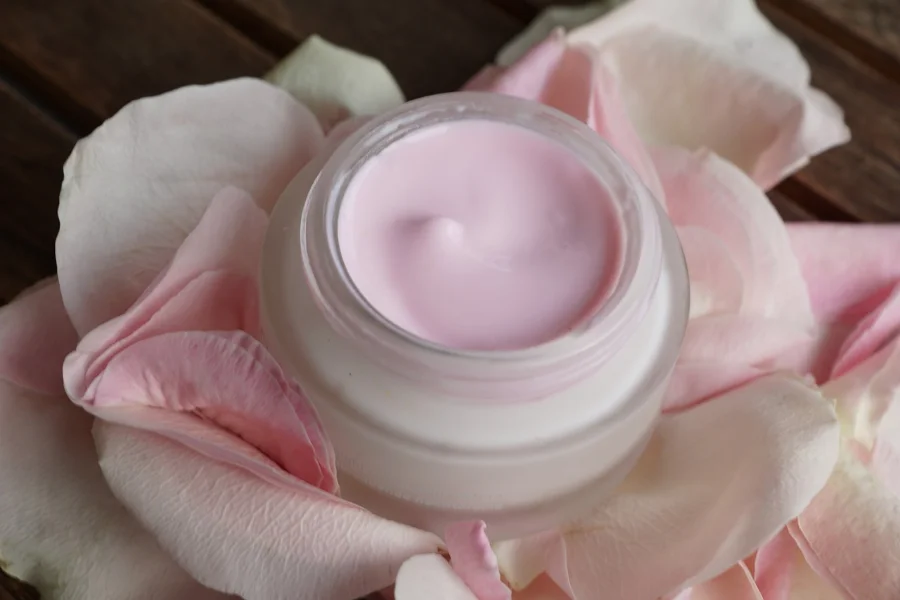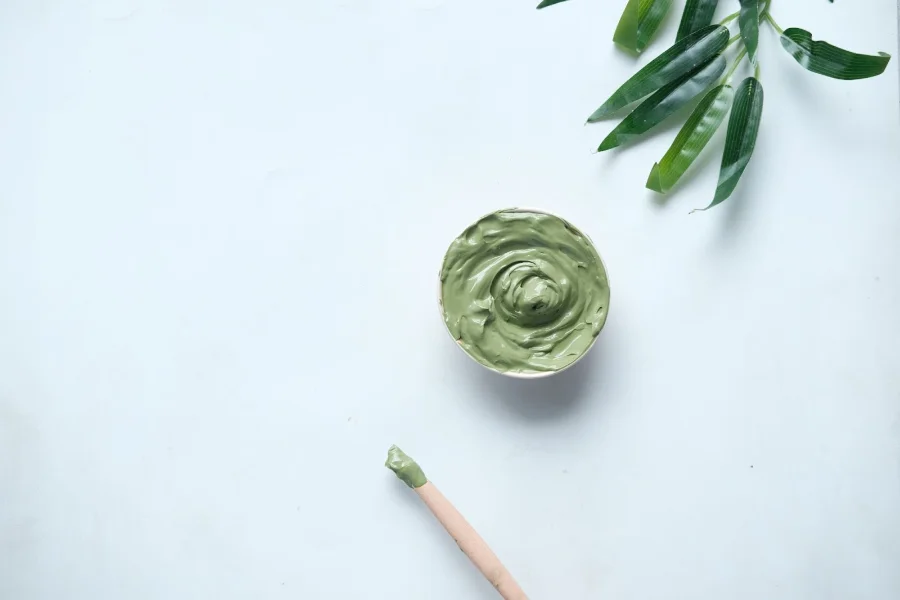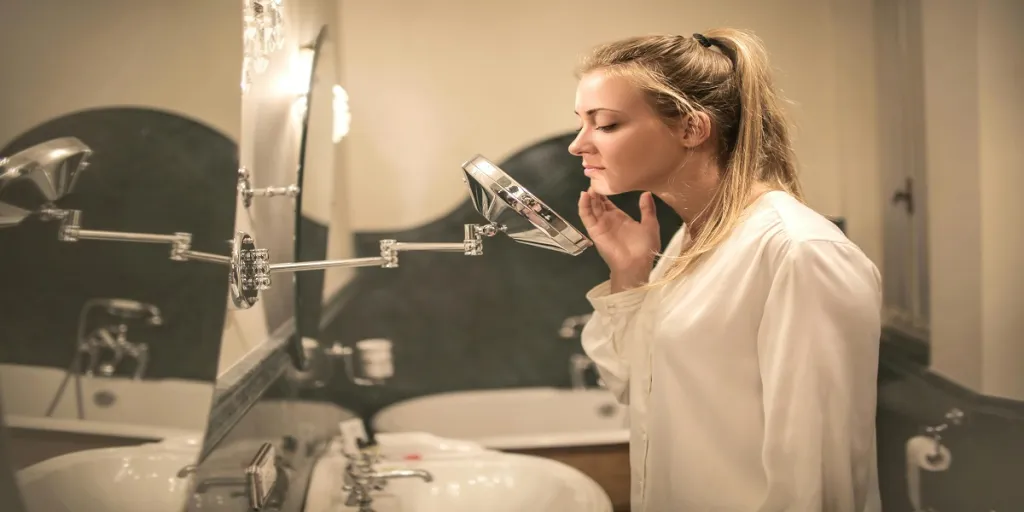One out of five Asia-Pacific (APAC) individuals have sensitive skin. Even though sensitive skin isn’t a medical condition, it can come with common problems such as acne and dry skin, while those with skin health problems like eczema, allergic contact dermatitis, and psoriasis tend to have sensitive skin.
Asia-based cosmetic and skincare companies adapt their formulas to fit the unique needs of their APAC consumers. These sensitive skin formulations also target a global consumer base, heightening the influence that regional beauty companies, such as K-beauty brands, have on the worldwide skincare community. This is integral for those with sensitive skin who can’t find the right products in their country.
But are sensitive skin products becoming the new standard, especially in the APAC market? Here’s what beauty businesses should know.
Table of Contents
Overview of APAC sensitive skin products
Popularity on social media
APAC sensitive skincare priorities
Growth opportunities
Conclusion
Overview of APAC sensitive skin products
There are many reasons why sensitive skin is more common among APAC consumers than others. Pollution and stress are the primary sensitive skin triggers. Certain skincare products can also cause allergic reactions, specifically ones that contain dangerous ingredients.
Current events exacerbate sensitive skin. The COVID-19 pandemic is the perfect example: more people wore masks, which caused sensitivity symptoms like red, dry, and itchy skin.
Because more consumers are opening up about their sensitive skin, the demand for natural and clean topical products is increasing.
Popularity on social media
We’re living in the era of body positivity. More people want to be honest about their flaws and concerns, using social media to express themselves. This also leads to more information about sensitive skin and which products users should try.
One of the most popular hashtags is #ProudlySensitiveSkin, where users share their stories and experiences struggling with sensitive skin.
Even though consumers are more comfortable with their sensitive skin concerns, businesses should still find solutions to treat sensitivity and create products designed for all skin types. These include products made with gentle ingredients and without fragrances.
APAC sensitive skincare priorities
APAC consumers demand clean and natural ingredients that won’t irritate their skin. This market also prefers specific formulations that won’t feel heavy on the skin.
We can break sensitive skin consumers and trends into different categories:
- Innovators: experimental consumers who focus on different types of personal care such as body and intimate products.
- Early adopters: consumers that care about reparative and dermatologist-approved formulas.
- Early majority: those who want popular products such as anti-aging treatments, while demanding soothing yet reparative ingredients.
- Mainstreamers: prioritize lotions and moisturizers, though buying products that reduce allergies and redness
Keep these consumers in mind when selling sensitive skincare products.
Growth opportunities
Businesses should sell products that meet the needs of those with sensitive skin conditions. Prioritize products that are lightweight, reduce skin irritation for women going through menopause, include body care, and use gentler active ingredients.
Lightweight finish
Moisturizers and serums with specific finishes can irritate sensitive skin. Greasy and sticky products can clog pores, causing acne and other problems.
The best way that consumers can prevent these issues is by using skincare products with lighter finishes. Sunscreen is the perfect example. This sunscreen is made with simple ingredients. It absorbs into the skin swiftly, so it feels weightless all day.
Spray toners also feel refreshing on sensitive skin. Sell products made with rose water, which soothes dry and irritated skin.
Menopausal skincare

Specific bodily changes, such as menopause, make skin more sensitive. Dry and itchy skin are common menopause side effects. More women in this demographic seek products to help soothe their irritated skin.
Start by selling skincare kits made for sensitive skin types. This skincare kit also offers hydration and anti-aging benefits.
Below-the-neck

APAC consumers take the same approach to facial care for the rest of the body. Sensitive skin body lotions are a body care staple, but this isn’t the only product businesses can offer.
Bath bombs are trending. They cleanse and hydrate the skin, though they are still gentle. Instead of soap body wash, more consumers are switching to powder body wash. This wash is activated by water, resulting in a more delicate formula that protects the skin barrier.
Finally, shaving creams for sensitive skin types will give users a close shave without irritation.
Alt-actives

Alt-actives are alternative formulations of strong ingredients, making these products ideal for sensitive skin types without losing their performance.
For example, those with sensitive yet acne-prone skin often seek alternatives to benzoyl peroxide, salicylic acid, and other common deep-cleansing ingredients.
Kaolin is an excellent example of an acne-fighting and sensitive skin-friendly ingredient. Kaolin is a type of clay that absorbs sebum and prevents clogged pores. Users with acne-prone and sensitive skin can use a deep cleansing mask with kaolin.
More users are also choosing hemp skincare products. Hemp is a plant that decreases irritation. It’s a great alternative to niacinamide, which can cause users discomfort.
Even though hyaluronic acid is a powerful ingredient, it’s still gentle enough for sensitive skin. Hyaluronic acid is often found in anti-aging products like this facial serum.
Conclusion
More consumers in the APAC market suffer from skin sensitivity, making sensitive skincare products a norm. APAC consumers experience more sensitivity than others due to pollution, stress, and current events, such as COVID mask-wearing, which has enhanced skin issues.
But sensitive skincare trends go beyond selling clean and natural products. Since sensitive skincare products are the standard, businesses should sell items with lightweight finishes, that are made with gentler alt-actives, and focus on face and body care. They should also prioritize certain clients, such as women going through menopause.
In order to stay competitive, businesses must keep up with beauty and personal care trends. This is especially vital for companies in worldly markets. Continue reading the Baba Blog to keep up with the latest in the industry.




